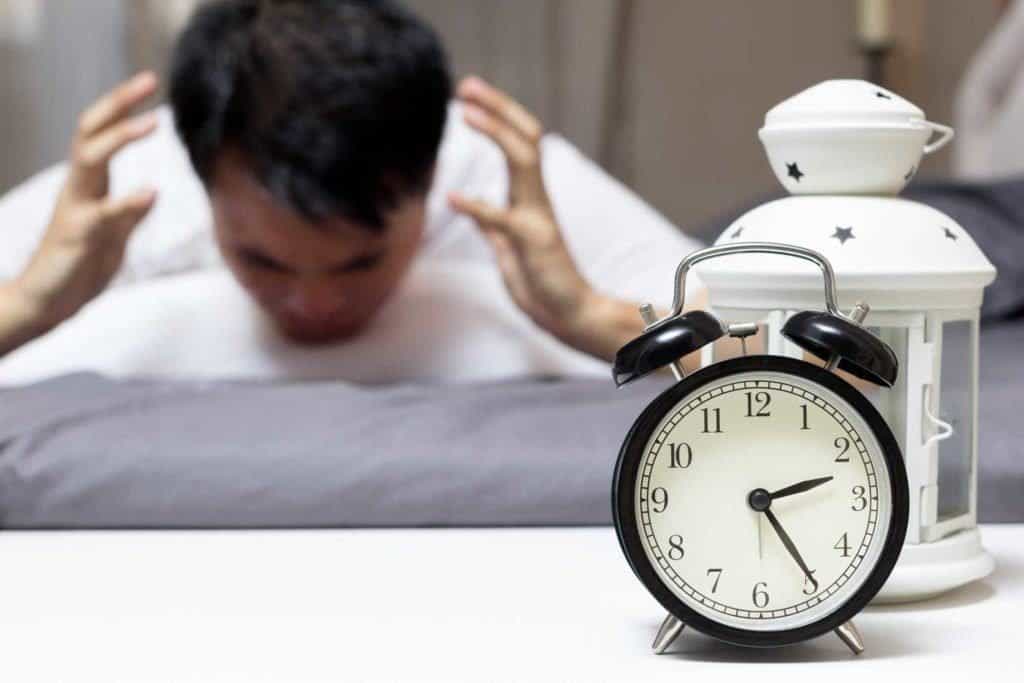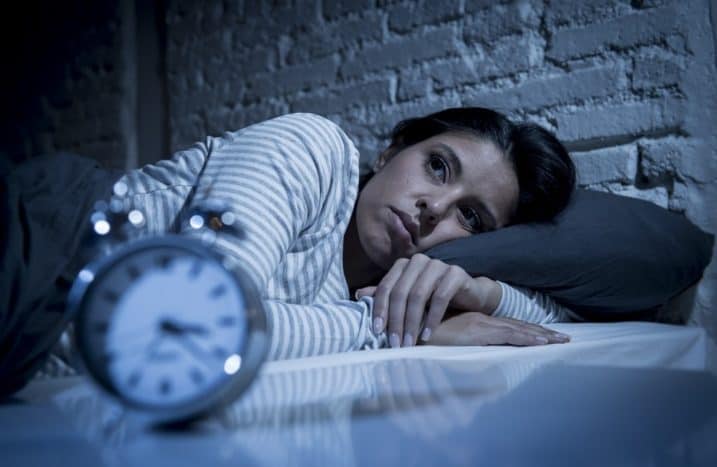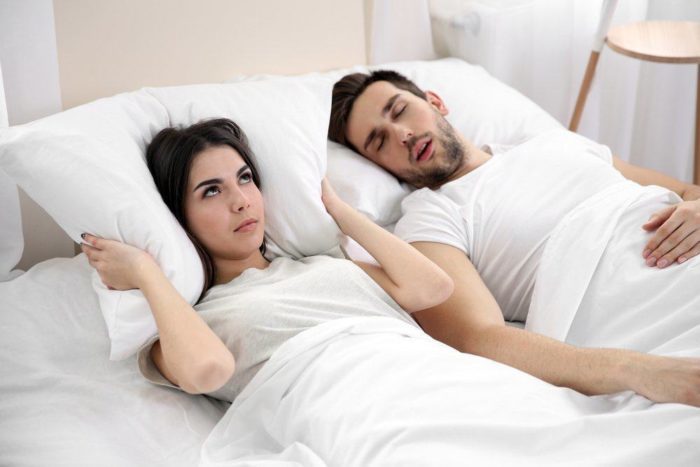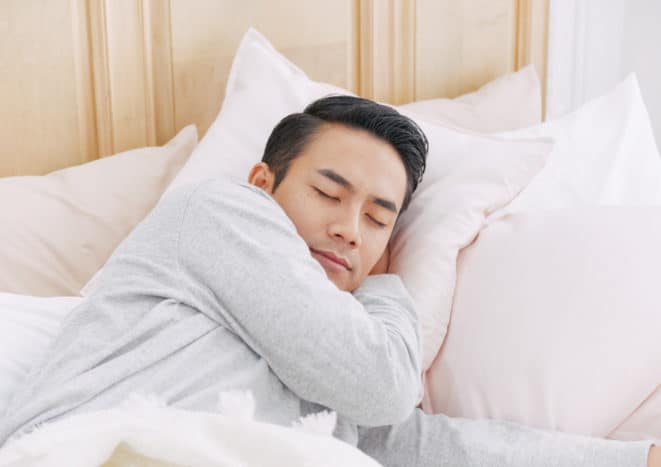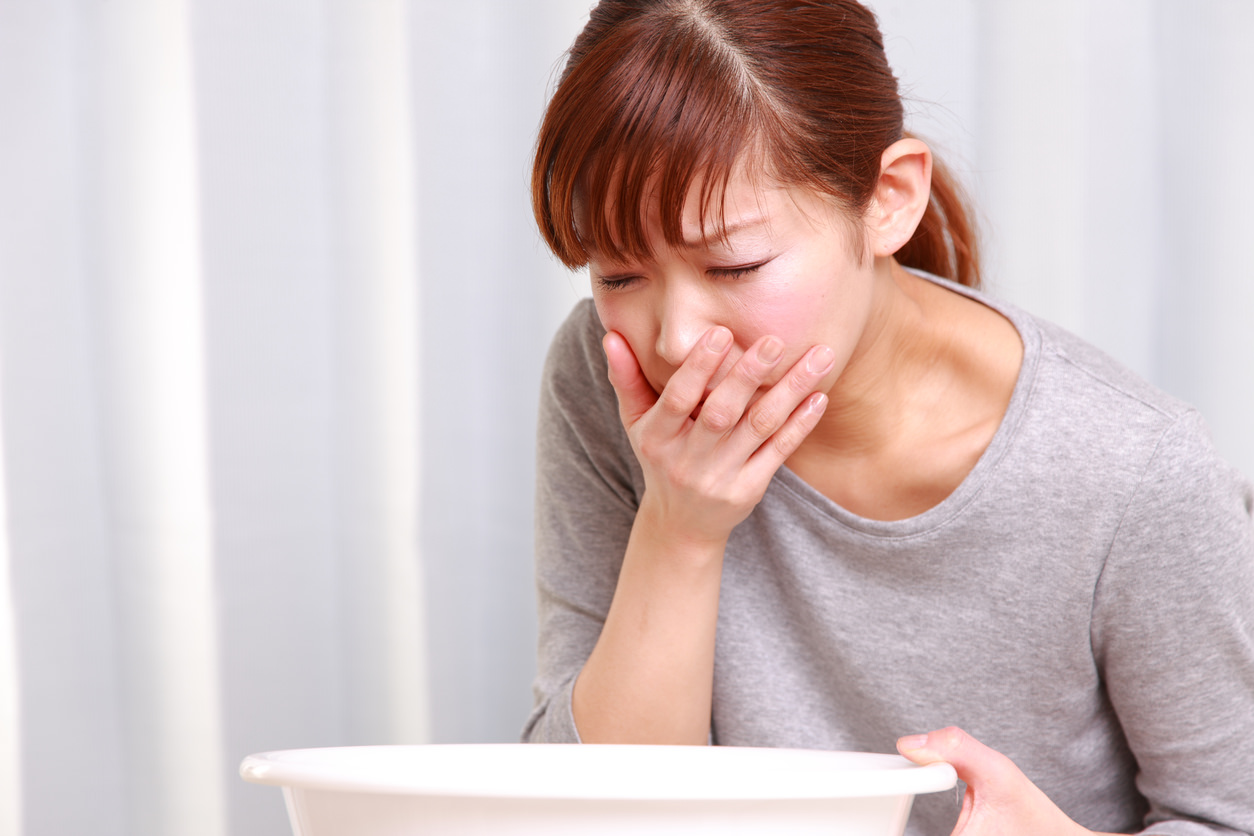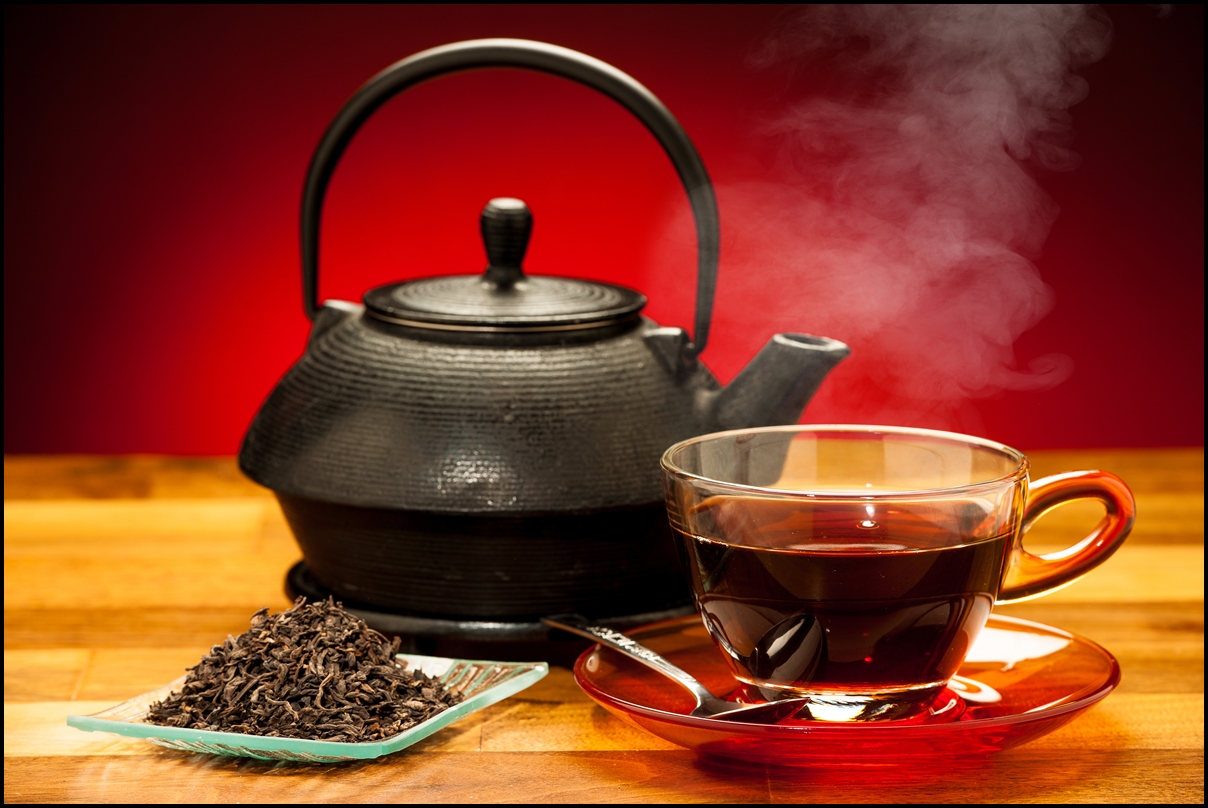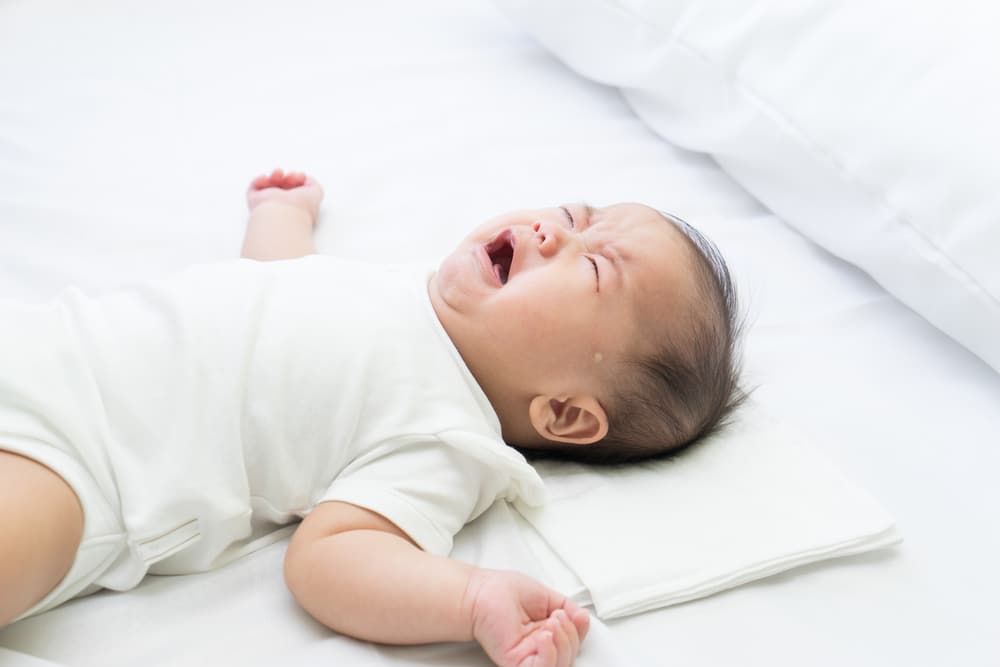Contents:
- Medical Video: The Relationship Between Sleep Apnea and Cardiovascular Disease
- Sleep deprivation inhibits the autonomic nervous system and stress response
- Lack of sleep can also interfere with hormone activity
- People with obstructive sleep apnea are more at risk for high blood pressure
- Am I getting enough sleep?
Medical Video: The Relationship Between Sleep Apnea and Cardiovascular Disease
Sleep deprivation is a problem experienced by many people. Reporting from the Mayo Clinic, people who sleep less than five hours a night are at greater risk of experiencing high blood pressure or worsening symptoms in people who do have a history of hypertension. Not only that, data from several studies also show that people who sleep less than six hours every night, 20 percent more at risk of developing high blood pressure than those who slept more than 7 hours a night.
Sleep deprivation inhibits the autonomic nervous system and stress response
Sleep provides an opportunity for the body to regulate the autonomic nervous system, which is part of the nervous system that regulates physical responses to stress. When you face stressors, for example you have to pursue deadline work, body organs such as the brain and heart also have to work extra hard so you can finish the job on time.
If this response continues to be active, this results in excessive production of stress hormones such as cortisol in the body. If the levels are too much for a long time, these hormones can be dangerous.
When the sympathetic nervous system is stimulated, blood vessels shrink to facilitate blood flow to vital organs such as the brain and heart. The goal is of course to increase blood pressure. Not only that, this stress response is also related to changes in glucose metabolism and an increased risk of diabetes that is resistant to insulin.
Lack of sleep can also interfere with hormone activity
When you sleep, the part of the brain called the pituitary and hypothalamus acts to regulate the hormones adrenaline and cortisol. Both of these hormones are released by the adrenal gland. Adrenaline is a hormone that has a direct effect on blood pressure, mediated by narrowing of the arteries. When your adrenaline level stays high at night, this can cause ongoing hypertension.
Cortisol is a "stress hormone" whose concentration reaches its highest point in the morning and reaches its lowest point between midnight and 4am. Sleep deprivation can cause significant disruption in this cycle. As a result, your body responds to excessive stress and causes fatigue which can damage your health.
If you have a poor diet and minimal physical activity, the effects will get worse.
People with obstructive sleep apnea are more at risk for high blood pressure
There are many factors that cause you to lack sleep. One of them may be because you have obstructive sleep apnea. Obstructive sleep apnea is a sleep disorder that makes you stop breathing for a while while sleeping. This is a serious sleep disorder. This disorder can occur up to 30 times in one hour, when you sleep at night. As a result, the quality of sleep is not enough to keep you energized and productive the next day.
Research has found that people who have mild obstructive sleep apnea are at high risk of developing hypertension and diabetes. Not only that, if not treated this condition can also increase a person's risk of various chronic diseases such as stroke, heart failure, and heart attacks later in life.
This disorder usually affects middle-aged people, but can occur in patients of all ages. Especially people who are overweight.
Am I getting enough sleep?
The National Sleep Foundation in its main report at Sleep Health Journal, mentions that there is no perfect amount of sleep for everyone. However, the following ideal sleep hours are recommended, according to the age category:
- Babies or toddlers: 16-18 hours
- Preschool children: 11-12 hours
- Elementary school children: 10 hours
- Teenagers: 9-10 hours
- Adults and the elderly: 7-8 hours
So, can you get enough sleep every night?

